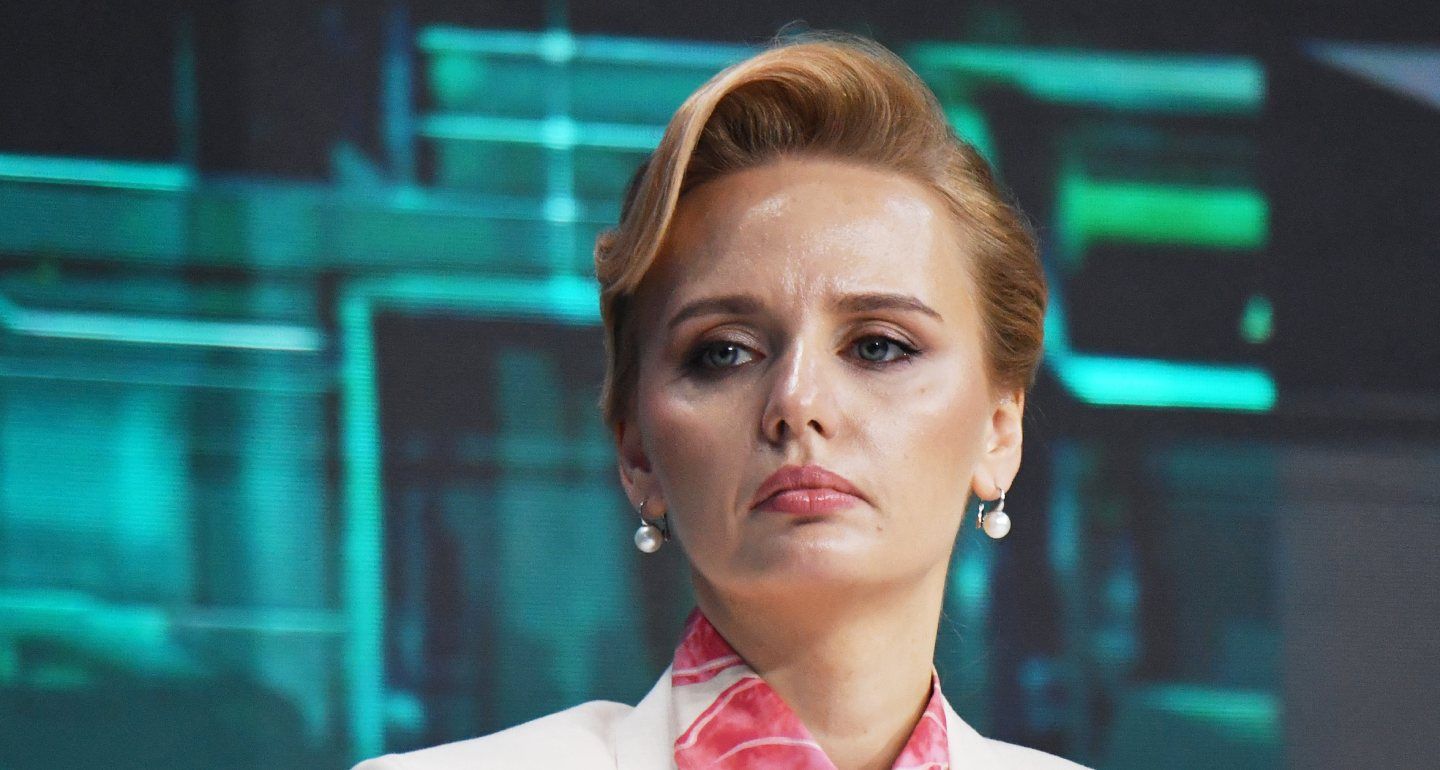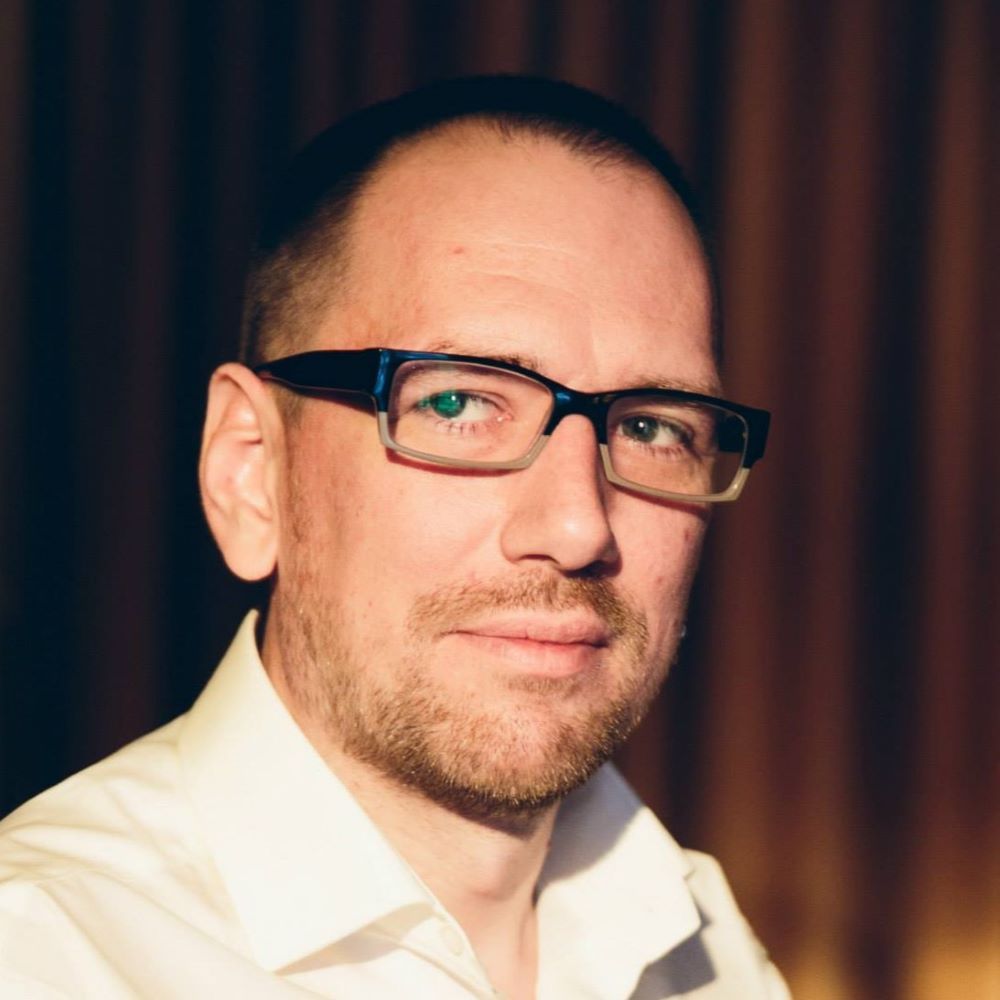The supposed threats from China and Russia pose far less of a danger to both Greenland and the Arctic than the prospect of an unscrupulous takeover of the island.
Andrei Dagaev
{
"authors": [
"Elizaveta Fokht"
],
"type": "commentary",
"blog": "Carnegie Politika",
"centerAffiliationAll": "",
"centers": [
"Carnegie Endowment for International Peace",
"Carnegie Russia Eurasia Center"
],
"collections": [
"Politika: The Best of 2025"
],
"englishNewsletterAll": "",
"nonEnglishNewsletterAll": "",
"primaryCenter": "Carnegie Russia Eurasia Center",
"programAffiliation": "",
"programs": [],
"projects": [],
"regions": [
"Russia"
],
"topics": [
"Domestic Politics"
]
}
After years in the shadows, Putin’s family is increasingly visible in Russia, and making its mark on business and government.
In Russia, 2024 was declared the Year of the Family by President Vladimir Putin. It certainly proved to be a significant one for the president’s own. Until recently, the personal affairs of Putin’s relatives were a taboo topic. Yet last year, those relatives finally began to emerge from the shadows: a testament to how the war in Ukraine has changed the lives and prospects of Russia’s political elites.
In January 2024, Maria Vorontsova, Putin’s eldest daughter, rang in the new year by giving a surprise interview, published online, about medical technology. There was no mention of politics, or Vorontsova’s ties to the president, but the interview still drew media attention, even in the West, marking as it did a very rare public appearance by Vorontsova.
Vorontsova did not stop there. In the summer, she spoke at the St. Petersburg International Economic Forum (SPIEF), one of the most important events of the year for Russia’s elite—and so did her younger sister, Katerina Tikhonova. Tikhonova had only ever appeared at SPIEF once, in 2021, while Vorontsova had only attended the event as a guest.
They were not the only relatives of Putin in attendance. A panel on the importance of traditional values included Anna Tsivileva. A psychiatrist by training, until 2022 Tsivileva was known mainly as the wife of Sergei Tsivilev, the governor of the Kemerovo region, and as co-owner of the coal miner Kolmar. Then journalists discovered that Tsivileva was Putin’s first cousin once removed, and her career took off.
First, in 2023, at Putin’s invitation, Tsivileva headed up the Defenders of the Fatherland Foundation, a state body looking after Russian soldiers deployed in Ukraine. In this capacity, Tsivileva publicly appeared with Putin and became more visible in the media. Only a year later, shortly after the 2024 SPIEF and with war raging, Putin appointed her deputy defense minister at the height of a purge of the Defense Ministry.
Tsivileva had never worked in defense, or indeed in government. Her inexperience showed in December, when, appearing before the State Duma, she accidentally revealed that at least 48,000 Russian soldiers were missing in action in Ukraine—a closely guarded government secret.
Finally, it was the turn of Alina Kabaeva, the retired gymnast with whom Putin reportedly has two younger children, to come out of the shadows. Once largely absent from the public eye, Kabaeva now regularly appears on national television as well as online, having founded her own rhythmic gymnastics academy, Heavenly Grace.
Kabaeva’s school competed in the BRICS Games, Russia’s answer to the Olympics, as its own country. It is the only institution of its kind in Russia authorized to hold competitions for which it sets its own rules, and to give out its own awards. It organizes major tournaments abroad, including in China and Qatar.
Even Putin speaks more openly about his family than before. He may not refer to his relatives by their names, but he does boast about the “little members of his family” who speak Chinese and with whom he watches Russian epic films.
Why have Putin’s relatives become so visible? Only he truly knows, but it is doubtful that things changed overnight, or that Putin personally gave his family the all-clear to step into the limelight. It is far more likely that the environment in which Russia’s elite operates changed, making it possible for Putin’s relatives to come out of hiding.
The 2024 SPIEF was notable in that quite a few senior officials’ children made an appearance, not just Putin’s daughters. In a new twist on Russian authoritarianism, these young elites are increasingly key to the system.
Take Dmitry Patrushev, whose father Nikolai was formerly secretary of the Security Council. Last year, Patrushev junior was made a deputy prime minister. Boris Kovalchuk, son of businessman Yury, now chairs the Accounts Chamber. Vladimir Kiriyenko—son of Sergei, the first deputy chief of staff of the presidential administration—is CEO of VK (formerly VKontakte), Russia’s largest social network.
They may have special status, but Putin’s relatives are part of the same system as Patrushev, Kovalchuk, and Kiriyenko’s children and are just as ambitious. If Roman Rotenberg, son of the businessman Boris Rotenberg, can be a leading figure in Russian hockey as the head coach of SKA St. Petersburg and a vice president of the Kontinental Hockey League without any professional experience, why can’t Kabaeva, an Olympic champion, have her own rhythmic gymnastics academy?
Other elites have taken an interest in the projects of Putin’s relatives, and offered their support as a means of currying favor with Putin and demonstrating their loyalty to him. Kabaeva had long worked for Yury Kovalchuk’s National Media Group, and early on, her school was gifted a two billion ruble building by Gazprom.
Kovalchuk’s Sogaz has also helped Vorontsova grow her medical company, Nomeko, while Tikhonova’s Innopraktika foundation has been winning public contracts from state companies since its creation. In wartime, when any contact with the president’s entourage is a rare luxury, the temptation to assist Putin’s relatives is even greater, and the more support they receive from their fellow elites, the more visible they become.
Sooner or later, the children of Russia’s elites will be confronted with a transition of power. With the war raging, reckoning with Putin’s eventual exit has become less urgent. Yet the issue has not disappeared, and should concern his own family more than anyone else in the elite.
The problem is, no one knows when—and more importantly, how—Putin’s rule will end. Nor is it clear whether his relatives would be better off in the long run living quiet lives or actively participating in the system and allying with other elites in visible ways.
Of course, another reason Putin’s family stayed in the shadows for so long was the risk that they might come under pressure from Russia’s enemies abroad. For some time, this approach actually kept them safe, with the Wall Street Journal reporting that even after the full-scale invasion of Ukraine, the U.S. government refrained from sanctioning Kabaeva to avoid provoking Putin.
But the point of no return in Russia’s relations with the West was reached long ago, and by the end of 2022, all the women in Putin’s life had come under sanctions. Indeed, in designating Tikhonova and Vorontsova, the U.S. government officially acknowledged them as Putin’s daughters for the first time. Tsivileva was sanctioned by the UK as a relative of the president, while Kabaeva was designated by Washington for her “close relationship” to him.
On some level, that Putin’s relatives have finally stepped into the light is the result of the hard work of independent journalists, who spent years investigating their activities. It was the media and organizations such as the late opposition leader Alexei Navalny’s Anti-Corruption Foundation who first covered Tikhonova’s projects at Moscow State University, Vorontsova’s medical company, and Kabaeva’s ties, and who revealed that Tsivileva’s maiden name was Putina. Often, it was only after such revelations that Putin’s relatives came out of the shadows, further secrecy rendered pointless.
However, above all else, it was the war in Ukraine that brought Putin’s family and other young elites out of hiding. Even as pressure on the elite increased, it became possible for the first time to move in the open, without caring about public opinion. The appointment of Putin’s first cousin once removed as deputy defense minister might be seen as nepotism, but who has time to worry about corruption amid Russia’s confrontation with the West and the retaking of cities in the Donbas?
It is not clear whether Russian society takes issue with the activities and successes of Putin’s relatives. Yet nepotism and conflicts of interest surely register as secondary to the war, inflation, and other problems facing the country, and in any case, there are no independent institutions that might challenge the first family’s ascendancy—not anymore.
Carnegie does not take institutional positions on public policy issues; the views represented herein are those of the author(s) and do not necessarily reflect the views of Carnegie, its staff, or its trustees.
The supposed threats from China and Russia pose far less of a danger to both Greenland and the Arctic than the prospect of an unscrupulous takeover of the island.

Andrei Dagaev
Western negotiators often believe territory is just a bargaining chip when it comes to peace in Ukraine, but Putin is obsessed with empire-building.

Andrey Pertsev
Unexpectedly, Trump’s America appears to have replaced Putin’s Russia’s as the world’s biggest disruptor.

Alexander Baunov
The Kremlin will only be prepared to negotiate strategic arms limitations if it is confident it can secure significant concessions from the United States. Otherwise, meaningful dialogue is unlikely, and the international system of strategic stability will continue to teeter on the brink of total collapse.

Maxim Starchak
The story of a has-been politician apparently caught red-handed is intersecting with the larger forces at work in the Ukrainian parliament.

Konstantin Skorkin